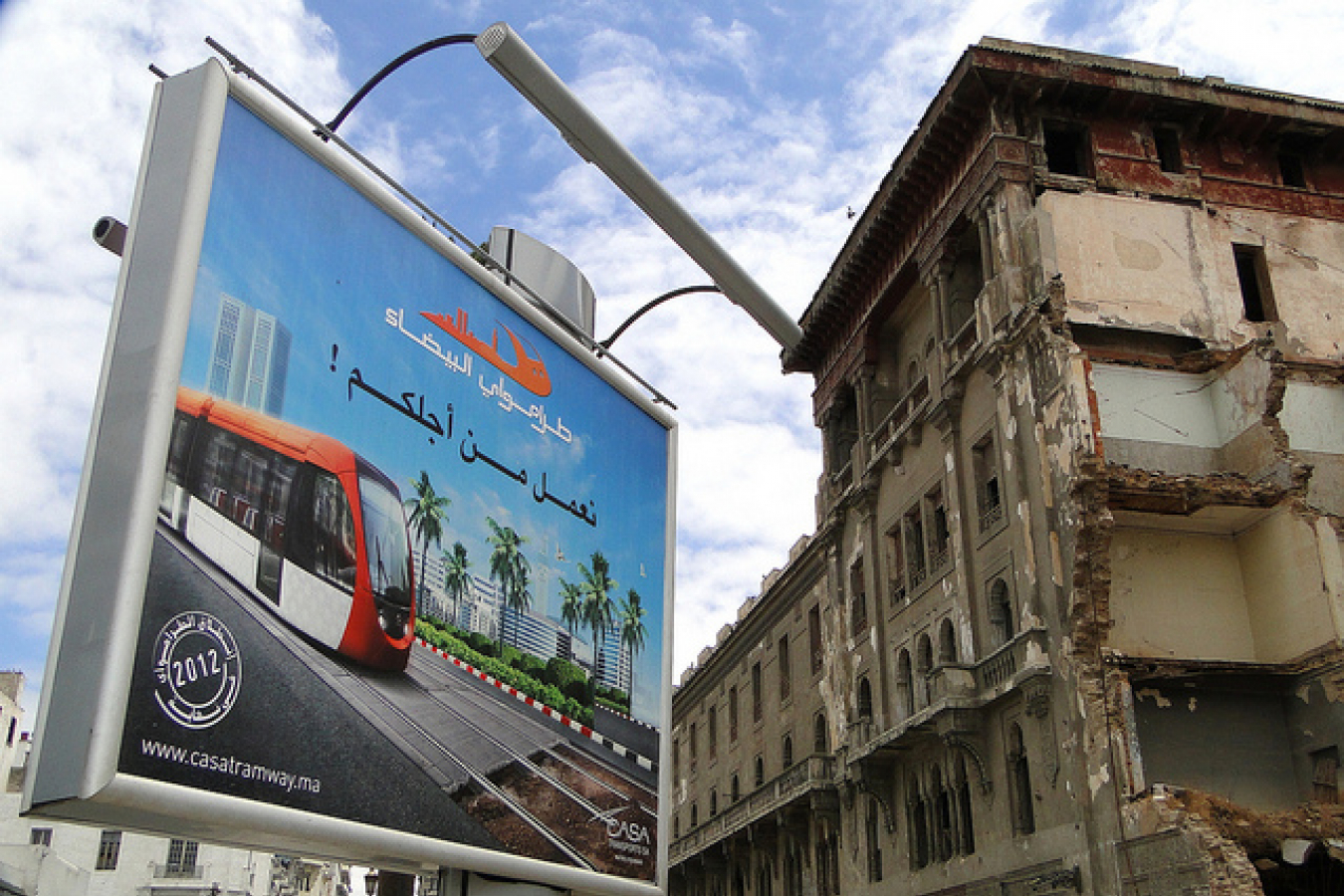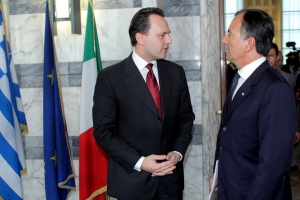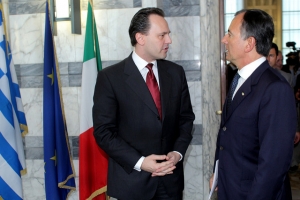Support migrant centric journalism today and donate

Almost 60 European and African countries met July 10 in Rabat, Morocco for a major conference on immigration, following a radical rise of illegal migrants flowing to the EU from the south.
European Commission vice-president Franco Frattini believes the event could produce concrete measures tackling the "uncontrolled migration movements" between the two continents, which he argues would be "in the interest of all parties involved, including first and foremost migrants themselves."
The meeting has been organised as a response to last September's incident in Morocco where hundreds of African migrants tried to break the border fence separating the country from two Spanish enclaves - Ceuta and Melilla, with five people being shot dead and dozens wounded.
Since then, the immigration flows to Europe have grown stronger, particularly from Mauritania, close to Spain's Canary island borders where around 9,000 people have landed this year.
This is over double the figure for the whole of 2005, according to the Financial Times.
The EU argues the main response should be more financial aid to the region, with the bloc planning to grant €18 billion to Africa between 2007-2013.
"The only long term and sustainable response to migration pressure is not putting more barriers in place, sending people back or selective migration policies. The true response is investing massively in development," argues EU development commissioner Louis Michel.
However, EU member states have so far failed to hammer out their own common rules on how to deal with immigrants and asylum seekers.
The commission itself stumbled over the issue when Mr Frattini's so-called list of safe countries - from which the bloc would not recognise asylum seekers and refugees - faced criticism from other commissioners and had to be withdrawn in May.
Human rights organisations argue Europe should be careful and distinguish economic migrants from political refugees who face life-threatening risks if returned to their home countries.
Also, NGOs suggest Europe should clamp down on violence against immigrants and improve basic legal assistance and interpretation services for them in places like Tenerife, the capital of the Canary Islands.
"The EU and its member states must abandon the illusion that it is possible to stop people with ever tougher controls," commented Dick Oosting from Amnesty International's EU office in Brussels.
He added that "the politically correct statements" produced at events such as today's conference in Rabat "can no longer hide that there is a deep divide between Europe's repressive immigration agenda and Africa's interest in increasing development aid and opening legal channels of migration."
Related:• Malta experiences illegal immigrant crush, requests EU help





















